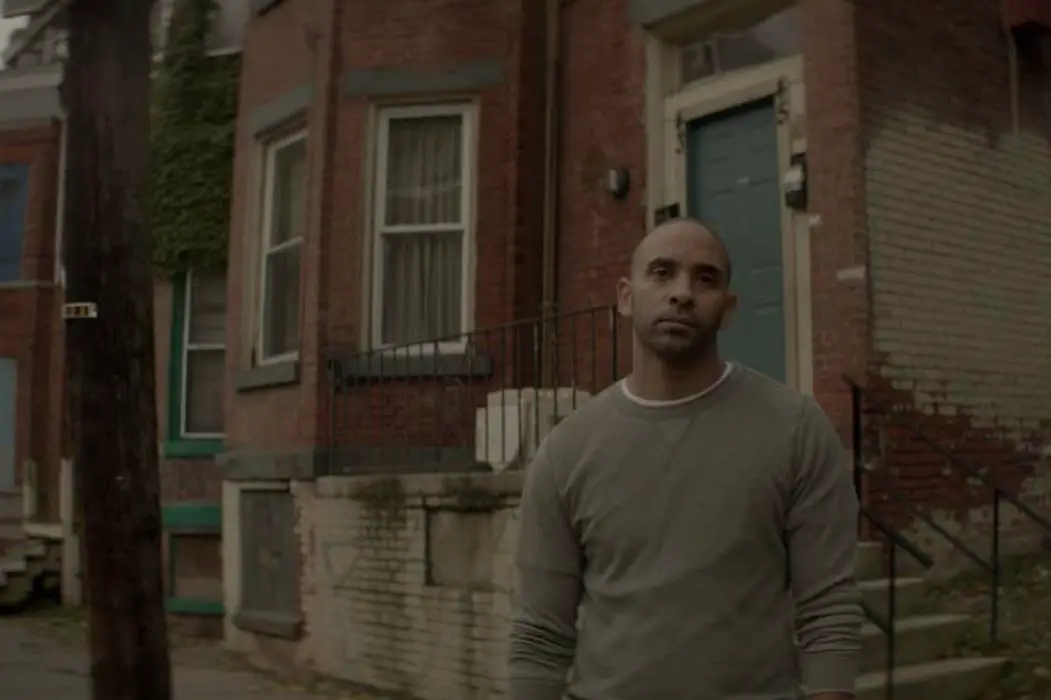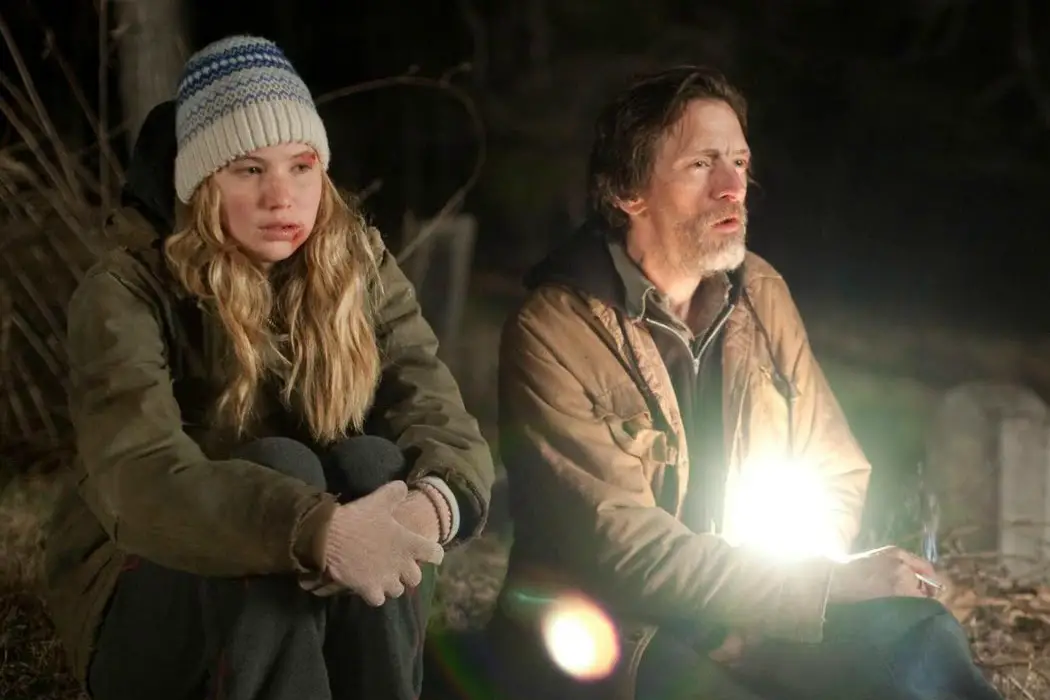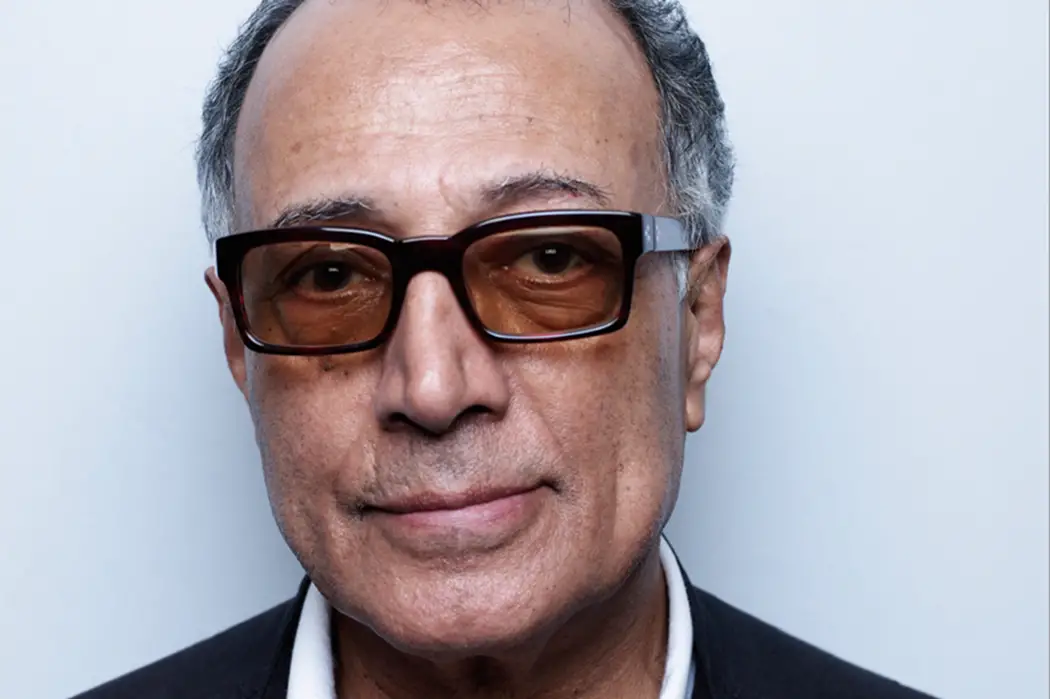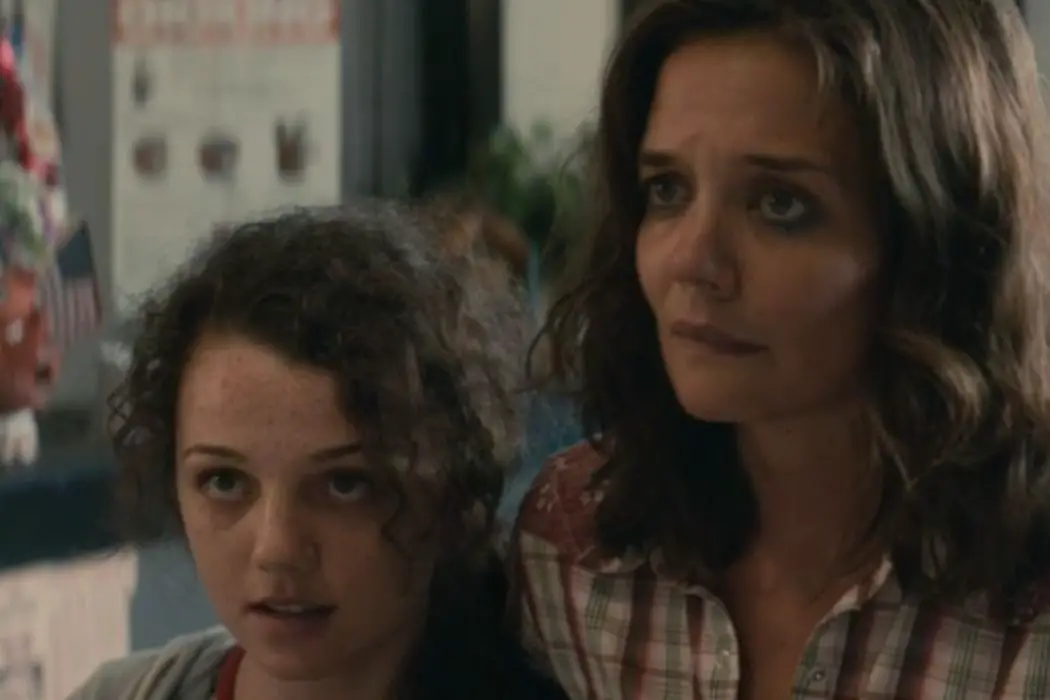poverty
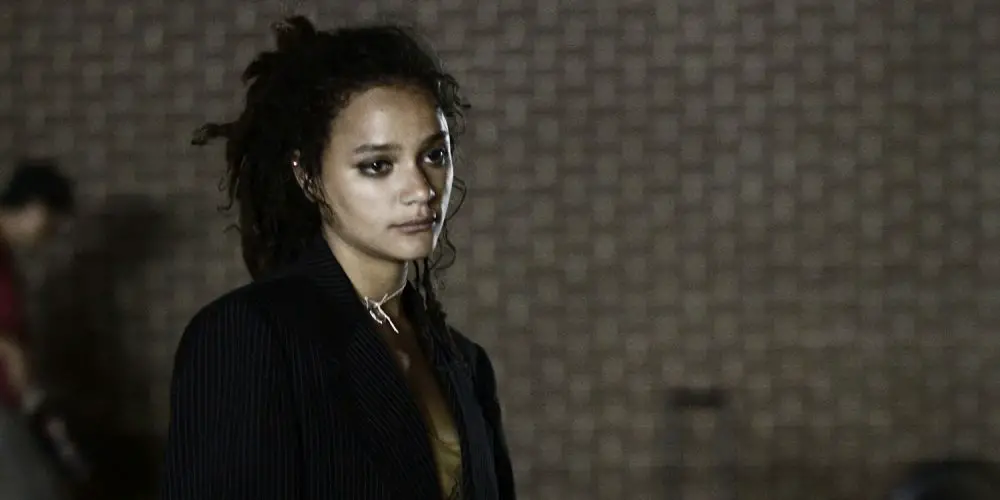
Andrea Arnold is without a doubt cinema’s leading creator of stories depicting the trials and tribulations of working class women, with an entirely non-judgemental eye. Translating her social realist style across the Atlantic, keeping the inherent themes relevant to the lower classes intact, would seem close to impossible, although due to an unfortunate stroke of luck, the Presidential election has made the general idea of class in an overwhelmingly middle class country relevant yet again. Many audiences have been so transfixed by the way Arnold and her long-term cinematographer Robbie Ryan have captured the sweeping vistas of America, a world completely alien to the council estates of earlier films Red Road and Fish Tank, that they have seemed to ignore the fact this is unmistakably a distinctive piece of work.
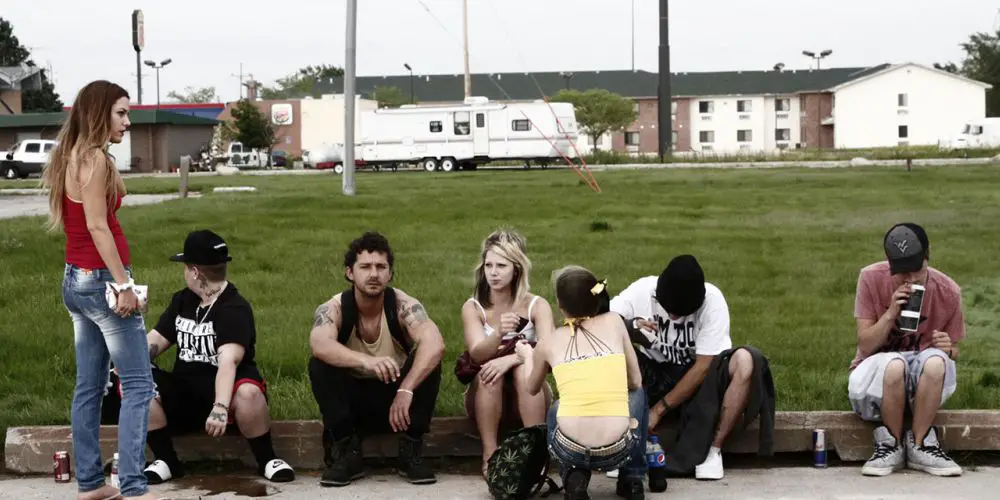
Class consciousnes and its oft-contingent condemnation of wealth was a theme at the 2016 Cannes Film Festival that one would be hard-pressed to overlook. The most obvious reason for this is the fact that Ken Loach’s poignant portrait of one man’s struggle to navigate Britain’s welfare system, I, Daniel Blake, took home the Palme d’Or. But this topic was also prominent in part because films about wealth, or lack thereof, pervaded the entire festival, spanning its various sections.

Chicken is a British drama directed by Joe Stephenson, which debuted last year in the UK at the Edinburgh Film Festival. It follows Richard and his older brother Polly, who find themselves continuously travelling in their caravan for a place to call home. Richard, younger and more optimistic in his view, seeks stability, but Polly’s ever-increasing abusive behaviour seems to be getting the better of him.
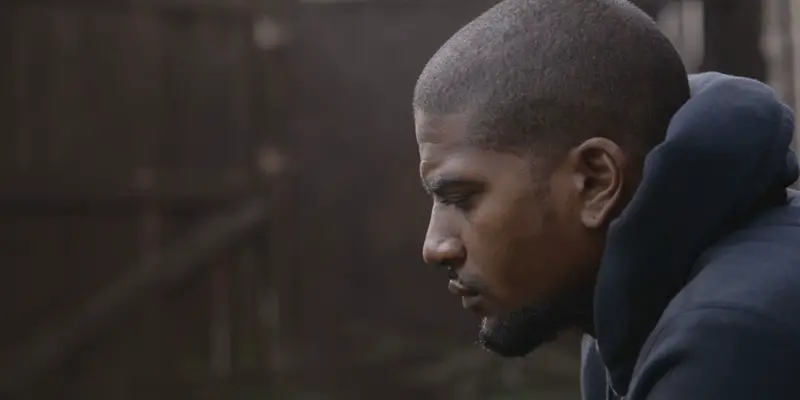
I was lucky enough to get the chance to interview The Hard Stop’s director, George Amponsah, producer, Dionne Walker and co-star Marcus Knox-Hooke, recently, before watching a screening of the film followed by an audience Q&A with Amponsah, Walker, Knox-Hooke and co-star Kurtis Henville. It was one of the most moving and insightful experiences I’ve had for a long time, and I’m still unravelling the many thoughts and feelings both the film and our conversation inspired. The IMDB description of the film The Hard Stop explains:
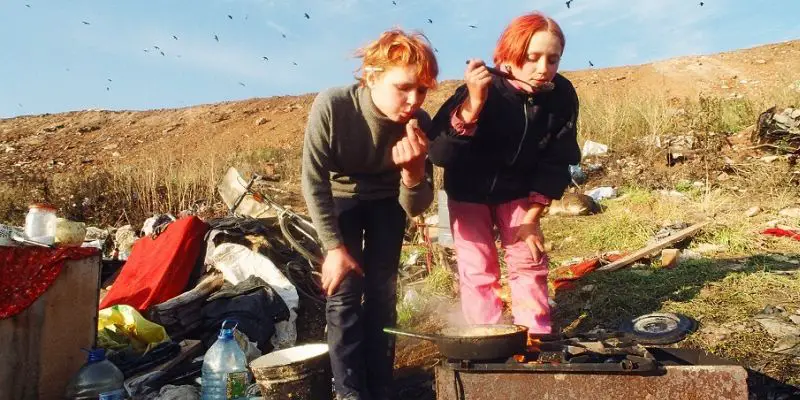
As bubbles fill the air surrounding world famous Red Square, and a young girl is seen relishing in their creation, one is likely to be filled with memories of their own bubble-oriented experiences of a normal, fondly recalled childhood, and imprint said associations onto the scene before them. They would then immediately be rebuked for their premature assumptions, as we travel back with the child to her home, and it is revealed not to be a house, apartment, or even a tent on the street, but a shack built in the heart of a garbage dump. “I’m alive, I cant simply die and go away.


